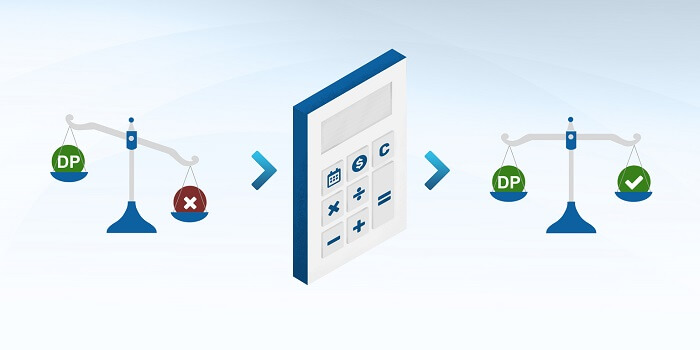
One of the most anticipated judgements in recent history in terms of employment law has been released by the Court of Appeal regarding Discretionary Payments, short-term incentive (STI) payments and their relationship to the Holidays Act.
The Metropolitan Glass (Metro Glass) case has been the subject of much scrutiny since the Employment Court had found that payments made under Metro Glass’ STI scheme should be included as gross earnings despite the fact that Metro Glass had clear wording for the scheme, giving the company discretion to not make payments even if the relevant targets were met.
The implication of this decision resonated through the business community, as a large number of employers utilise similar schemes, and so were potentially facing large historic payments for current and past employees.
The decision
The Court of Appeal has overturned that decision and found that payments under this STI scheme were in fact “discretionary payments” and could be excluded from gross earnings when calculating Average Weekly Earnings and Average Daily Pay.
Fundamentally this came down to the definition of gross earnings in the Holidays Act, which includes the fact that gross earnings are those payments that the employer is contractually bound to pay. The Court agreed with Metro Glass in that the wording of their STI agreement made it clear that they retained the discretion to not make those payments, in which case the payments are discretionary and not included in gross earnings.
Another interesting point where the Court of Appeal did agree with the original decision, was what should be considered as the “employment agreement”. It is agreed that this definition is wider than the employee’s individual or collective employment agreement, and includes other documents pertaining to an employee’s terms of employment. So simply because something is not in the IEA or CEA, does not mean it is not part of the employment agreement in terms of the Holidays Act.
Going forward
This does not mean that an employer simply needs to put the word “discretionary” in an incentive agreement and they are absolved of including those payments in gross earnings. It needs to be very clear that the employer has the discretion to not make a payment at all, whether or not conditions for the incentive were met. Many of the existing incentive schemes will still be considered non-discretionary, so this is not a blanket approval to simply exclude them all in gross earnings.
Of course as explained in our blog about how the pending changes to the Holidays Act affect New Zealand employers, in the new Act, gross earnings will include all cash payments received except direct reimbursements for costs incurred, so the whole concept of “discretionary” has been removed. Therefore, it would pay to consider this when looking at any of these sorts of schemes.
For the 40 or so of Mero’s customers who have already run re-calculations using our market-leading Holidays Act Remediation Engine (HARE) solution there is great news for them. As HARE is configurable, in most cases all we need to do to factor in this decision is to make a small change to our allowance configuration and re-run the calculations – in most cases it takes a few hours work at most. In fact, for several of our customers we have been running scenarios with STI bonuses both included and excluded since this decision was first made so that they had a clear financial impact for their accounts. It is possible that the Labour Inspectorate will seek leave to appeal this decision to the Supreme Court, so this flexibility may be required again in the future.

